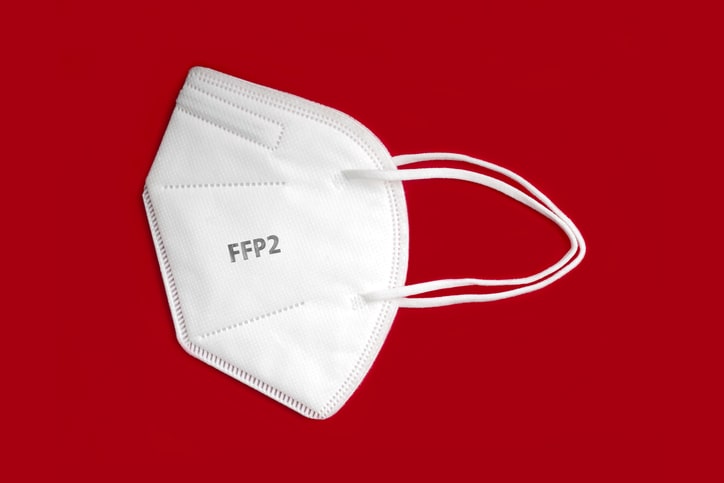
According to Mukoso N. Ozieh, MD, and Leonard E. Egede, MD, MS, of the Medical College of Wisconsin, behavioral factors, including lifestyle, are associated, in part, with the ~24% of excess risk for chronic kidney disease (CKD) among African American patients. However, there have been few intervention studies culturally tailored to African American patients with type 2 diabetes mellitus and CKD.
The researchers conducted a study designed to assess the feasibility and preliminary efficacy of a culturally tailored lifestyle intervention among African Americans with type 2 diabetes and CKD. Results were reported in JMIR Formative Research [doi:formative.jmir.org/2022/3/e34029].
The feasibility of a lifestyle intervention was tested using a pre-post design. The study cohort included 30 African American adults who were recruited from the Medical University of South Carolina between January 2017 and February 2017. A research nurse delivered the manualized study intervention each week for 6 weeks.
At baseline and following the intervention, hemoglobin A1C, blood pressure, and estimated glomerular filtration rate (eGFR) were measured. Validated structured questionnaires were used to measure disease knowledge, self-care, and behavior outcomes at baseline and following completion of the intervention. Clinically relevant changes were calculated using descriptive statistics and effect sizes.
There were significant mean differences pre- and post-intervention in hemoglobin A1c (mean 0.75%; 95% CI, 0.16-1.34; P=.01), total cholesterol (mean 16.38 mg/dL; 95% CI, 5.82-26.94; P=.004), low-density lipoprotein (mean 13.73; 95% CI, 3.91-23.54; P=.008), and eGFR (mean 6.73 mL/min/1.73 m2, 95% CI, 0.97-12.48; P=.02). There were also significant mean differences pre- and post-intervention in CKD self-efficacy (mean –11.15; 95% CI, –21.55 to –0.75; P=.03), CKD knowledge (mean –2.62; 95% CI, –3.98 to –1.25; P<.001), exercise behavior (mean –1.21; 95% CI, –1.96 to –0.46; P=.003), and blood pressure testing (mean –2.15; 95% CI, –3.47 to –0.83; P=.003).
In conclusion, the researchers said, “This study provides preliminary data for a large-scale appropriately powered randomized controlled trial to examine a culturally tailored lifestyle intervention in African Americans with type 2 diabetes and CKD in order to improve clinical knowledge, self-care, and behavior outcomes in this population.”







 © 2025 Mashup Media, LLC, a Formedics Property. All Rights Reserved.
© 2025 Mashup Media, LLC, a Formedics Property. All Rights Reserved.